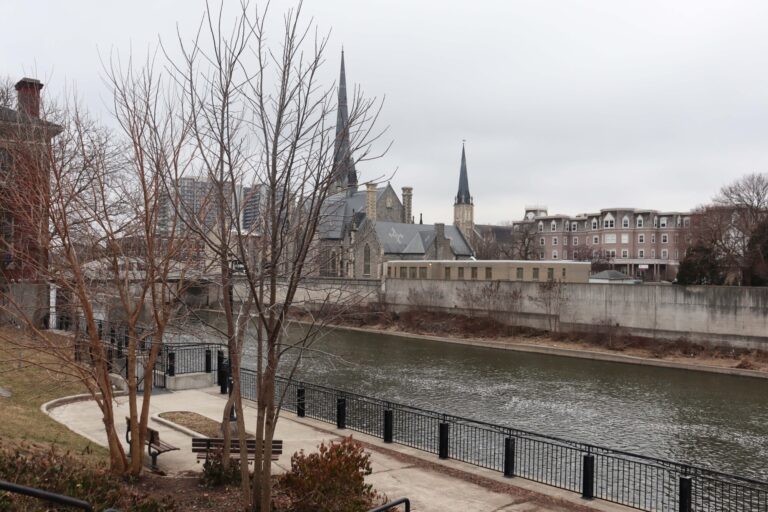According to Statistics Canada, since 2022, 2.3 per cent of the unsheltered population and 15 per cent of people who experience hidden homelessness are women. Of the 500 shelter beds in Waterloo Region, 78 are dedicated for unhoused women and there are zero in Cambridge.
Research by YWCA Cambridge called for a dedicated shelter for women in the city in 2023. They generated a 78-page report, Women’s Homelessness in Cambridge: Knowledge Sharing and Interventions. This research was compiled by service providers and politicians in Cambridge from May to August 2023.
Unsheltered homelessness refers to people who have lived in a homeless shelter, on the streets or in public spaces, in a makeshift shelter or squatting in an abandoned building.
With the unsheltered crisis in the region on the rise, so has the number of unhoused women, and women who experience hidden homelessness. Hidden homelessness commonly goes unreported and undocumented. Such individuals engage in couch-surfing, the act of temporarily living with others with no permanent guarantee of accommodation.
“In Cambridge, there is nowhere for a woman experiencing homelessness to go. National research bears out that women do not and women and gender-diverse individuals do not enter co-ed or male space male-dominated spaces,” Roz Gunn, Director of Communications and Advocacy with YW Cambridge, said.
YWCA addresses the needs of cis and trans women and girls, and non-binary and Two-Spirit individuals through responsive programs, services and advocacy. They aim to influence communities to ensure the communities they service are treated with respect and are valued as equals.
While the number of women experiencing hidden homelessness is hard to quantify, the YWCA sees a dedicated shelter space in the city as a good way to understand the problem.
As of 2022, amongst Canadians responsible for housing decisions 12 per cent of First Nations people live off reserves, and six percent of Metis and ten percent of Inuit people are more likely to experience homelessness than the non-Indigenous population.
In 2024, Waterloo Region is entering the throes of a crisis that has more than 1,000 people without homes.
“Cambridge is a service desert in comparison to Kitchener [and] Waterloo. Across the board with social services. And so that has the potential also to contribute to, more people falling into homelessness, for example, if they haven’t been able to reach the support that they needed,” Cameron Dearlove, executive director of Porchlight Counselling and Addiction Services, said.
Porchlight provides a safe space for people to access counseling and addiction services for people in Cambridge and North Dumfries. Their vision is to have a community where emotional, mental and physical health is prioritized and without stigma.
Women who have experienced homelessness reported worse socioeconomic and health outcomes than men nationwide. Among the unsheltered population studied in 2022 by Statistics Canada, homelessness is more common among women than men, with women making up 38 per cent of the unsheltered population. The causes for this vary, but most commonly are due to issues surrounding domestic abuse.
“A lot of the shelters aren’t sufficiently funded to really provide the holistic services and support to individuals to help them move out of homelessness. And so, we’re seeing shelter stays going the length of shelter stays it’s just growing and growing and growing,” Gunn said.
As of this year, the Cambridge Shelter is the only shelter in the city that provides space for women, non-binary and Two-Spirit people. However, these areas are in an open space and there are no secluded rooms for these individuals. The normal capacity of the space is 78 beds.
If you or someone you know needs housing support, please reach out to the following resources for more information. Note that these resources are focused for providing support to cis and trans women, non-binary and two-spirit people in need of housing support.
For more information visit Porchlight Counselling and Addiction Services at fcccnd.com or YWCA at ywca.ca.
This article has been edited. YWCA Cambridge is the organization’s only name. While the organization has a Christian-based history, YWCA Cambridge is fully secular now.

